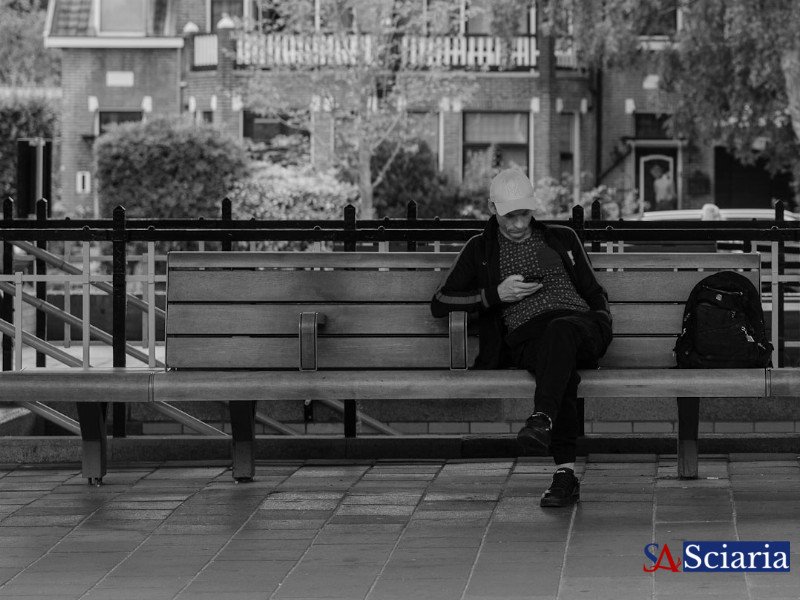Beyond Impatience: A Philosophical Deep Dive into the Art of Waiting
- Sciaria
- Philosophy
- Oct 02, 2025
- 0 Comments

We spend a significant portion of our lives waiting. For a bus, an email, an opportunity, or even a profound life event. Often, we perceive waiting as an empty, unproductive void, a mere pause between meaningful moments. But what if this ubiquitous human experience is more than just an inconvenience? What if, within the quiet stillness or restless agitation of waiting, lies a rich tapestry of philosophical insight, revealing profound truths about time, self, and existence? Far from being a mere passive state, waiting can be a crucible for understanding our deepest desires and our relationship with the future.
Philosophically, waiting is a unique temporal experience. It’s not simply the absence of something, but a highly charged anticipation of a future event. From an existentialist perspective, as famously depicted in Samuel Beckett's "Waiting for Godot," waiting can highlight the absurdity of human existence, our constant search for meaning, and the often unfulfilled nature of our hopes. This isn't just about what we wait for, but the act of waiting itself becoming the dominant mode of being. It forces us to confront our temporality, our finitude, and our hopes for what is yet to come, making us acutely aware of the present moment’s fleeting nature while simultaneously binding us to an uncertain future.
Yet, waiting need not be a passive burden. Stoicism, for instance, offers a powerful framework for embracing the inevitable delays of life. By focusing on what is within our control – our reactions, our thoughts, our present actions – rather than what is outside it (the arrival of the bus, the decision of others), we transform waiting from an external imposition into an opportunity for inner cultivation. This isn't about ignoring the desired outcome, but about reframing the interim period. Waiting can become a fertile ground for patience, introspection, planning, and even gratitude for the present moment. It challenges us to find agency even in states of apparent powerlessness, urging us to make the most of the "now" while patiently orienting ourselves towards the "then."
Ultimately, the philosophy of waiting invites us to move beyond mere impatience and to consider waiting not as wasted time, but as an integral, often transformative, part of the human journey. It’s a period ripe for self-discovery, for practicing resilience, and for understanding the profound interplay between hope and reality. The next time you find yourself in a waiting room, pause. Don't just count the minutes; explore the philosophy within them. What is this moment teaching you about time, control, and the intricate dance between expectation and presence?
Comments (0)
Rate This Blog
Top Blogs by Rating
The Immortal Jellyfish: Unlock...
By Sciaria
Reclaim Your Day: Mastering th...
By Sciaria
Goodbye Chargers: The Rise of...
By Sciaria
Favorite Blog
The Spiritual Shelf Life: Navi...
By Sciaria
Beyond the Chart: The Indispen...
By Sciaria
Identical Twins Aren't Identic...
By Sciaria
Related Research
Inter-faith dialogue, inter-cultural dialogue: a basis for developing global security
Global and jihad and the battle for the soul of islam
Expose digitalisasi kependudukan mudah, cepat dan transparan guna mendukung program unggulan kabupaten tangerang
Share
Notice Board
- WSPółCZESNE CHACZKARY NA TERENIE POLSKI
- RESEñA DE DERINGER, LUDWIG; STRöBEL, LIANE. 2022. INTERNATIONAL DISCOURSES OF AUTHORITARIAN POPULISM. VARIETIES AND APPROACHES. REINO UNIDO: ROUTLEDGE.
- PENGARUH SIDIK JARI (FINGER PRINT) DAN MOTIVASI KERJA TERHADAP KEDISIPLINAN PEGAWAI PADA PT ASDA PERKEBUNAN AEK BURU SELATAN





